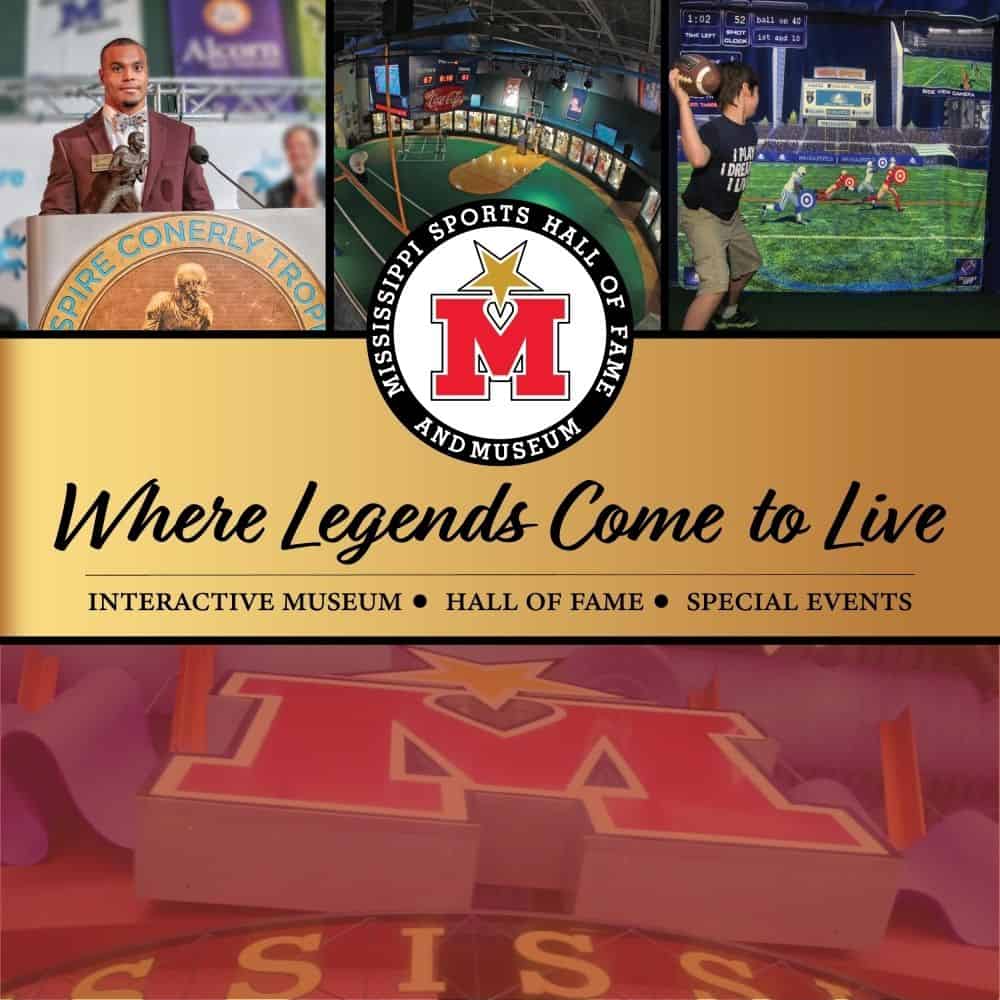
Jeff Brantley always has a good baseball story. Usually, several of them.
So before we get to how he is handling his first spring without baseball since he was a child, plus what he believes the 2020 season will look like, let’s start with his recollection of facing his first batter in a World Series — 1989 vs. the Oakland A’s.
“I used to drive our general manager, Al Rosen, crazy by seemingly always allowing the first batter in an inning to reach base,” says Brantley, the former Mississippi State star pitcher who was in his first full Major League season with the San Francisco Giants. “A lot of good relievers did that, though. We’re used to coming into the game with people on base. Sometimes it took a runner getting on before that adrenaline and emotion kicked in.
“So (manager) Roger Craig started bringing me in with the bases loaded. And he did that in that World Series game. Our starter, Rick Reuschel, was running out of gas in the fourth or fifth inning. So Roger puts me in to face Dave Parker with the bases loaded.
“I’d watched Dave Parker bat for years. He was huge (6-foot-5, 230 pounds) and could crush the ball. So I couldn’t believe it when my catcher, Terry Kennedy, said, ‘I want you to throw a first-pitch fastball right under his hands, He’ll never get to it.
“I looked at Terry and said, ‘Dude, that’s Dave Parker standing up there.’ Terry said, ‘Throw the fastball right under his hands. Do not throw him a split finger.’

“When you’re playing, you try not to recall all those replays you’ve seen of a guy hitting the ball in the upper deck. So I sucked it up and tried to make the pitch Terry wanted. I just had to make sure I got it far enough inside.”
Result?
“Snapped his bat in half and got a weak ground ball to get out of the inning,” Brantley says, laughing. “I couldn’t think of a better way of pitching to your first batter in a World Series.”
*********
Like the rest of us, Brantley and his family — wife, Ashley; daughter Elizabeth, son Mason — are fighting the weirdness of the coronavirus pandemic.
“My wife and I walk three miles every morning. We get out to go to the drug store or the grocery store. Sometimes I’ll go somewhere and let Mason hit some balls. But that’s about it.
“It’s like we’re in some futuristic thing that we’ve watched on TV a thousand times. You just think it will never involve you.
“I’m usually at spring training or the regular season has already started this time of year. It’s a strange feeling not to be there. But, hey, everything is green, the flowers are blooming. The South looks pretty good in the spring. I guess I’d forgotten.”
A native of Birmingham, Brantley spent 14 seasons in the Major Leagues, retiring in 2001. In addition to San Francisco, he played for Cincinnati, St. Louis, Philadelphia and Texas.
He earned 172 saves as a relief pitcher, made the National League All-Star team in 1990 and led the NL in saves (44) that season.
Not bad for a player that one former Alabama head baseball coach said would “never” pitch in the Southeastern Conference. Brantley led the SEC in wins and strikeouts in 1984 and ’85 and helped lead the Bulldogs to the College World Series his final season.
A member of the Reds’ radio and TV broadcast team since 2007, Brantley has developed into a brilliant analyst. I compare him to CBS’ Tony Romo dissecting an NFL game. Both have the rare gift of putting you inside the mind of a player during good times and bad. And they do so with a passion that captivates the attention of the listener or viewer.

His summer lifestyle consists of this: “I eat, sleep and work baseball. It’s never the societal norm. My work day is usually 4 p.m. to midnight. If you’re on the road, you try to find somewhere you can eat at 12:30 a.m. Most of the time, it’s room service at the hotel. Then I sleep until noon and do it all over again.”
Brantley had it written into his contract that he is allowed to fly home to see Ashley and the kids several times throughout the season.
“It might be for just a couple of days, but it’s unusual for someone in baseball to have that luxury,” he says. “I’m very fortunate to work for an organization that values family like the Reds do.”
***********
Our phone interview consists of obvious questions, but also of Brantley going, “Did I ever tell you about the time … ?” His stories are jewels to baseball junkies.
The first question is the most obvious.
Will there be baseball in 2020?
“If I had to venture a guess — and this is just my opinion — I think games will start in late June or early July,” he says. “I would think they would play it as though they were playing the second-half of a season following the All-Star break. I think games will be played throughout October and then you’ll see an expanded playoff format.
“And I think there is a chance that those games, because we’ll be into November, will be played at some neutral sites like the Superdome in New Orleans and some other dome sites in the Midwest. But, again, I’m just guessing. I do think that (Major League Baseball) sees a need to bring entertainment into the homes across America.”
You made the the team how????
Brantley had been called up during the 1988 season. He pitched 20.2 innings with one save. The following spring “I wasn’t sure (manager) Roger Craig even knew my name,” he says.
“I wasn’t on the (40-man) roster. And I wasn’t one of those 6-foot-3 pitchers that you notice. I had a square body (5-11, 180) and I knew I was going to have to do something a little different if I was going to make the team.
“During spring training, the manager and the coaches sit outside the dugout in chairs. Well, I saw our pitching coach get up and leave an empty seat right beside Craig. So I went over and sat down beside him. I’m still not sure he knew my name.
“But I looked at him and said, ‘If you give me a chance to make this team, you’ll never have to give me another one.’ He looked at me like I had three heads and finally said, ‘OK, son.’ And I guarantee you he knew my name when I walked away — because it was on the back of my jersey.”
As the roster was being trimmed and Opening Day was approaching, Brantley watched coach Bob Lillis tell a few relievers that Craig wanted to see them.
“I knew they were being sent down to the minors,” he says. “And right before we were going to break camp, Lillis walked up to me and said, ‘Skip wants to see you.’ I couldn’t believe it. I thought I’d made the team.
“I walked into Craig’s office and (general manager) Al Rosen was in there, too. Rosen said, ‘Sit down.’ They just stared at me. Rosen said, ‘You’ve had a good spring. Opened a lot of eyes. But you’re just a kid. You don’t have much experience up here. I don’t know what we’re going to do about this.’
“About that time, Craig spoke up. He said, ‘I’ll tell you what we’re going to do about it. You’ve made the team.’ They had totally set me up to think I was headed to the minors. But I was one happy guy when I left that office.”
How can baseball draw more youngsters away from football and basketball?
“I think MLB realizes that they have to give the young people a little piece of the big-leaguers,” Brantley says. “And what I mean by that is, let the players show their personalities. Let them be unique. Let them express themselves a little bit. A bat flip after hitting a home run or pumping your fist after getting a strikeout doesn’t carry the ‘show you up;’ relevance it once did. Certainly have some boundaries but allow the players to have some fun. Youngsters will relate to that.”
In 14 seasons, how many times did you pitch in September without your arm feeling like it was about to fall off?
Brantley laughs.
“Let’s see … 1994 was the year of the strike and the lockout. So nobody pitched in September that year. In 1987, they only pitched me one inning per outing. I felt good in September that year. But every other year, I just tried to make it through each day. You try to throw fewer pitches, fewer breaking balls. It’s nothing easy about it.”
###










